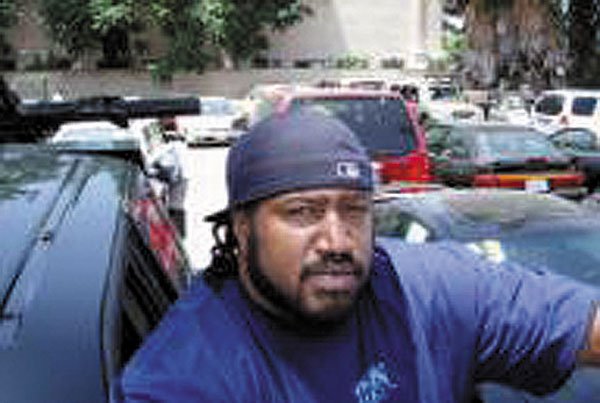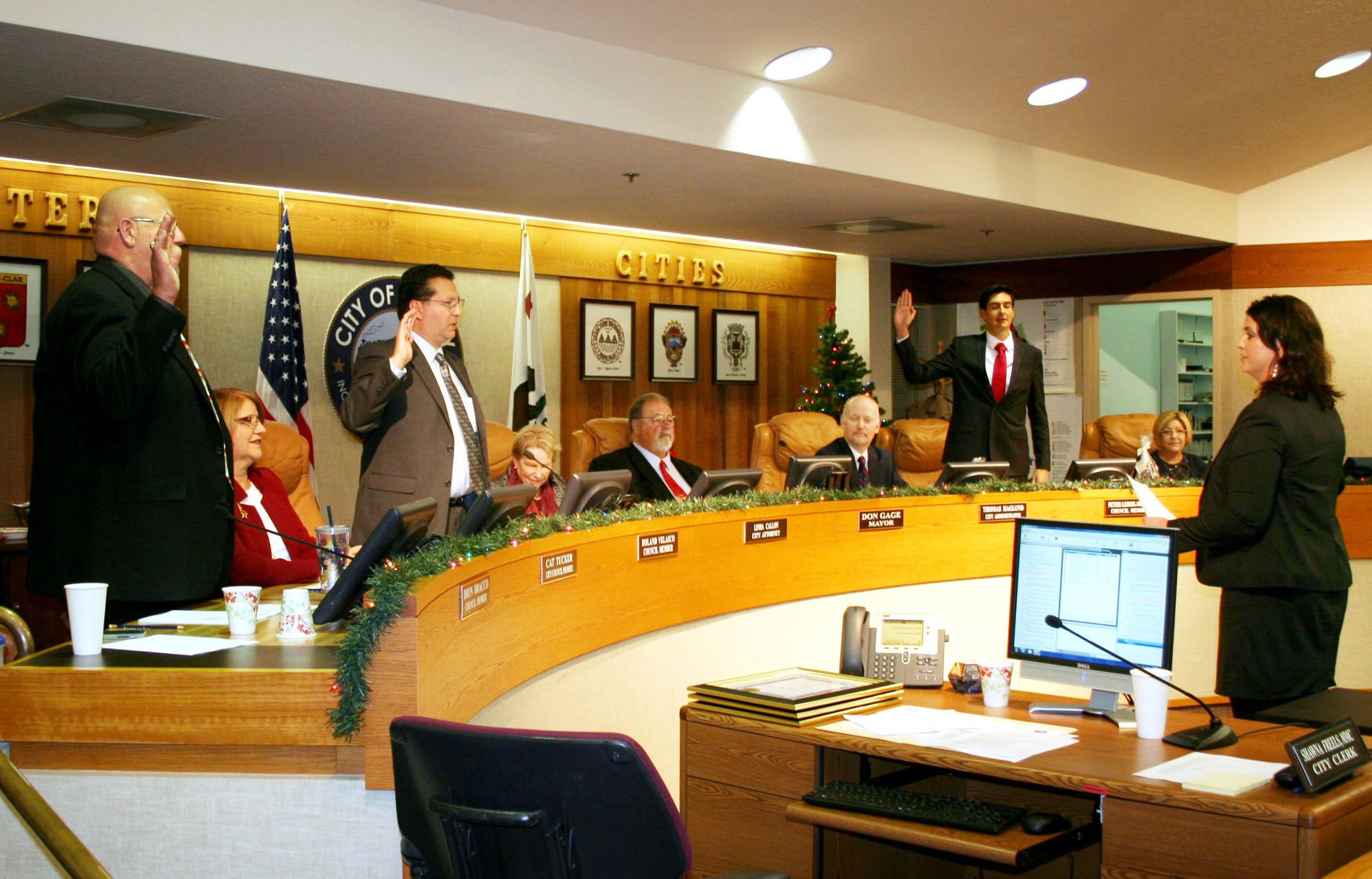”
JJ the Repo Man,
”
as 40-year-old Jon Anderson calls himself, has 100 repossession
orders piled on the dashboard of his tow truck.
Michael Martinez – Chicago Tribune
ed****@****ic.com
LOS ANGELES
“JJ the Repo Man,” as 40-year-old Jon Anderson calls himself, has 100 repossession orders piled on the dashboard of his tow truck.
Many documents bear a simple note: “Can’t pay. Pick up the car.” In short, the car owner is surrendering to the troubled economy’s Grim Reaper: the repo man.
“It’s easier for these people to say, ‘Here, take it!'” said the 6-foot-2-inch, 250-pound Anderson, driving to a lot filled with scores of cars he’s repossessed in recent weeks. “They can’t afford a car payment, insurance and paying high gas prices. I’d say 75 percent of them are losing their houses, everything. It’s just a big mess right now.”
Just as home foreclosures have become a national crisis, prompting the U.S. House to pass a $300 billion bailout bill recently, auto loans have become the other shoe to drop.
With car repossessions up 10 percent to 15 percent so far this year, on top of similar increases last year, auction yards are filled across the country as consumers are forced to choose between their homes and their cars – and often are unable to pay for either, according to economists with auction firms and other experts.
“The unusually high amount of repossessions that we got at the beginning of the year seems to be a reflection of the spillover of mortgage resets, subprime and others, that caused some folks to default on their car loans,” said Tom Kontos, executive vice president of Adesa, a national car auction operator in Carmel, Ind.
Delinquencies in car-dealer loans reached a historic high in the final quarter last year, 3.13 percent, according to the American Bankers Association, which has tracked such data since 1990. Such dealer-arranged loans make up 90 percent of banks’ automobile loans; the group does not track loans extended by auto manufacturers, a spokeswoman said.
“Look at what’s going on. Food prices are up. Job creation has slowed. People are losing their jobs. And gas is up. It’s all these factors combined,” said Carol Kaplan, the bankers association’s spokeswoman.
Last year’s 1.51 million repossessions marked one of the biggest increases in a decade, 10 percent, and the growth is projected to continue this year, to 1.6 million, said economist Tom Webb of wholesale car auctioneer Manheim Consulting.
“They weren’t making a lot of bad loans. It’s just that the market has turned,” Webb said. “You can almost guarantee that repossessions will be down in 2009 because the tightening of lending standards has been very severe.”
Not all analysts agree on whether risky loans were made.
“There are some people who are basically living beyond their means, and the only way to get into products is to push the envelope,” said Keith Leggett, senior economist with the American Bankers Association. “What you’re seeing is that the risk factors have increased.”
GMAC Financial Services, the world’s largest auto financing provider, has beefed up its collection services and increased its phone calls to at-risk consumers, said spokesman Mike Stoller. As a result, its delinquency rate fell in this year’s first quarter to 2.42 percent from 2.52 percent a year ago, he said.
“The credit environment being what it is has created a lot of stress in the marketplace, and we haven’t turned a blind eye to that,” said Stoller, whose company is affiliated with GM dealers.
As many homeowners are finding their homes “upside down” when loan debt exceeds the home’s plummeting value, car owners are finding themselves in a similar hole, analysts said.
In March, more than 26 percent of car owners who traded in their wheels for something new owed more on the old car than it was worth. Such “negative equity” amounted to $4,305 on average, said Jesse Toprak, executive director of industry analysis for Edmunds.com, a consumer automotive Web site that monitors industry trends.
Six years ago, an identical percentage of owners were in the same bind but not as deep, with an average of $3,270 in negative equity, according to Edmunds.com’s statistics.
Automobiles always lose value as soon as they’re driven off the lot, but exacerbating the problem are purchasers taking loans of six, seven or even eight years – instead of a more typical five years – just to keep the monthly payments low, often with no money down, experts said.
The average car loan is now 64 months, or five years and four months, with a $470 monthly payment, according to March data from Edmunds .com. Many lenders report that lengthening car loans has increased the severity of loss but not the frequency.
Relief for the equity problem isn’t on the horizon because the auto market is declining and dealers will be desperate for business. In fact, new-vehicle sales this year are forecast to be at their lowest level since 1998, at 15.8 million, Toprak said.
Paulette Jones, 29, a hairstylist who lives in Los Angeles, said her 1997 Maxima with 166,000 miles was repossessed earlier this year after she missed three or four monthly $257 payments.
“There are gas prices that are boo-hoo high, and it’s just hard for single parents right now,” said Jones, who is in training for a second job as bus driver for special-education students.
She had put $2,500 down on the $3,500 car and signed a 24-month contract for the monthly payments, which she now sees as a mistake.
It was Anderson who repossessed her car, she said. “Everyone on the phone (from the car dealer) was making threats to me: They will call child services if I do not give up the car,” Jones said. But Anderson was “so nice” because he helped her find another, cheaper car so she could get to work, she said.
Anderson said business has been so good that he’s been able to buy a 2008 tow truck, for $75,000. Earlier this year he earned $20,000 in one month, he said.
He recently repossessed several late-model luxury cars, but it’s the older cars that owners had used for work that bother him.
“It’s a check for me and it’s good for me, but it’s bad for them,” he said.













